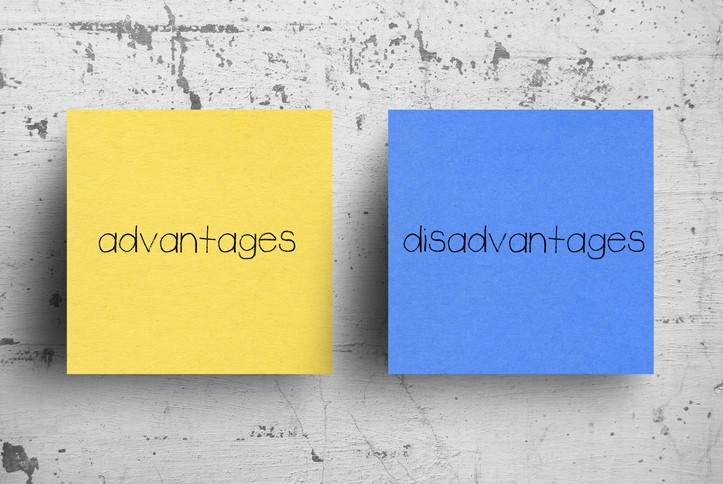From the moment we’re born until we’re given our golden handshake, we’re expected to meet certain milestones. In our adult lives, this usually means college, work, marriage and buying our first home. But this is where things become a little bit choppy because we’re now exposed to what is called the gig economy, in which temporary and freelance work reign supreme. Whether it’s because of the continuous evolution of the internet or their apathetic approach to the daily commute, millennials have certainly embraced the gig economy with open arms, and this may not suit the traditional milestones we’re so familiar with.
Recent headlines make it seem as if the only thing adults – especially millennials – should still concern themselves with is buying a house. In fact, not owning a property before a certain age seems to be stirring up fear among young adults. It may just be time to reevaluate the importance of owning a property and consider the advantages of renting instead.
You don’t have all that responsibility to carry
One of the first regrets you could face as a new homeowner is when a major appliance needs to be replaced or the property itself needs some expensive maintenance carried out. As a renter, such issues are usually taken care of by your landlord. Not only are these responsibilities costly, but they can also be time-consuming, and as a home owner, you’d need to search for products or find contractors and check their references yourself.
When you buy a house, you’re also taking responsibility for the other costs and taxes associated with the property. Some of the taxes to be aware of include Stamp Duty Land Tax when you purchase the property, and Income Tax if you earn an income from the property.
As a homeowner, you also need to be aware of the potential impact on your finances if a higher base rate is announced. As a renter, you don’t need to panic as this shouldn’t affect your rent if you’re within your rental period.
The rise of the gig economy
The gig economy is known for its flexible approach to location, which makes it far easier for workers to pack up and move to the next job. Whether you’ve landed that photography gig with a major news outlet or simply need the flexibility to move around, renting is a far better option should you need to relocate regularly. It might also be difficult to secure a mortgage when your income is flexible, especially if you don’t have a fixed employment contract in place.
If you do happen to purchase a property and the nature of your work requires extensive travel or regular relocation, you can choose to keep it if it’s financially viable. The property could act as an investment while you’re gone as you could rent it out, but that would still leave you without a place of your own when you’re not travelling or working away. For those who need to travel extensively or move around for their work, simply not having a permanent place of their own might make better sense. In fact, this could be a contributing factor as to why so many young adults still live with their parents. This might not necessarily be a bad thing and certainly not as dire as some publications make it seem. Owning a property is not just a financial responsibility, but also a long-term commitment to a single location, which not everyone can commit to.
Parting with your savings
If you’re anything like me, you have a desire to see your savings balance slowly increase to reach and exceed the financial goals you set. If a savings goal was to take a few years to achieve, you’d be very hard-pressed to put that into a single investment – even if that investment was a property of your own.
While some financial institutions offer a 100% mortgage if the purchaser or a member of their family has a 10% deposit in a fixed savings account – that will act as a form of security for the loan – the majority require a deposit of at least 10%. In some instances, this deposit can be even higher if the bank deems that the risk of the property or the application is a little high. On a £200,000 property, that means a deposit of at least £20,000, excluding all the taxes and legal costs.
You may find the repayments on the property could also be beyond your budget, especially if you don’t take a fixed interest rate or if the interest rate offered by the financial institution is higher than you budgeted for. While you can extend the mortgage term in order to bring down the size of the instalments, this could prove to be more costly in the long run.
A home should be a place of rest and rejuvenation, and for renters, this could mean many different spaces for the different phases in their lives or careers. The search for the perfect home doesn’t have to only happen once, and it also doesn’t have to translate into a mortgage.







